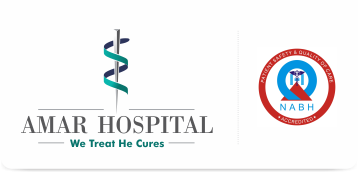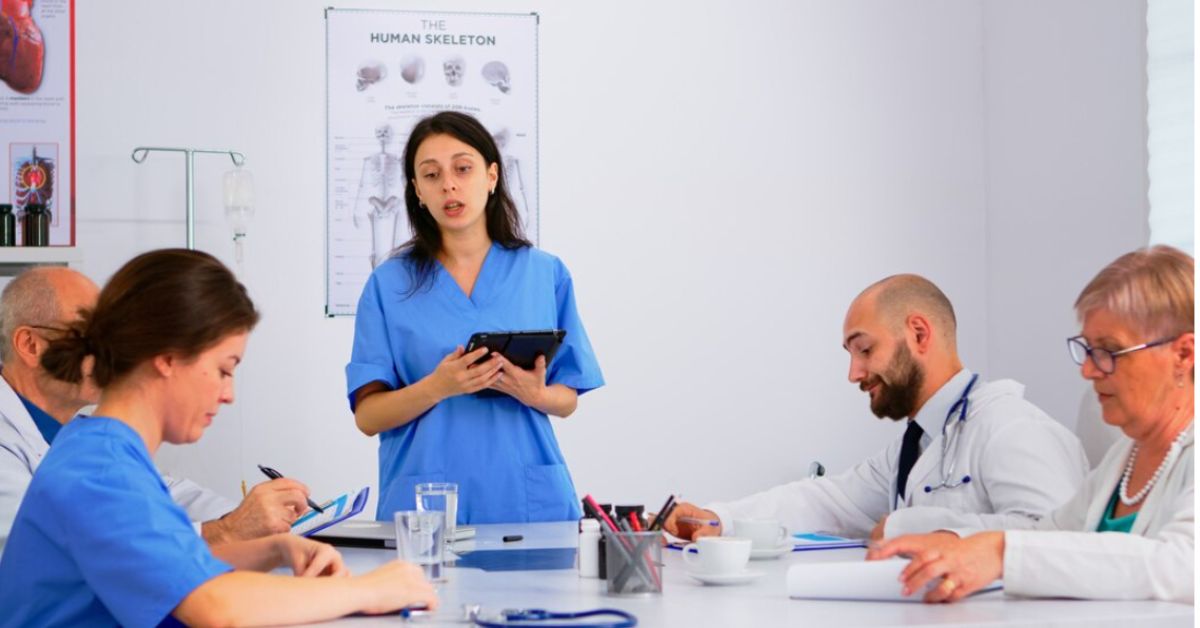In today’s fast-paced world, access to quality healthcare has become a critical concern for individuals across the globe. With the ever-evolving landscape of medical advancements and technologies, patients are faced with the challenge of navigating a complex web of multi-speciality healthcare options. The key to overcoming this challenge lies in empowering patients through education and awareness. In this article, we will delve deeper into the vital role that education and awareness play in the realm of multi-speciality healthcare. In the dynamic landscape of multi-speciality healthcare, patients often find themselves overwhelmed by the complexity of medical information and treatment options. This article aims importance of patient awareness in healthcare to provide a comprehensive understanding of how education and awareness can empower patients to take an active role in their healthcare journey. From diagnostic services to surgical procedures, Multi-Speciality Hospital Patiala offers a comprehensive healthcare journey.
The Importance of Patient Empowerment
Patient empowerment is not just a buzzword; it’s a fundamental shift in the way healthcare is delivered and received. When patients are empowered, they become informed decision-makers, actively participating in their treatment plans. This leads to better adherence to prescribed treatments, improved health outcomes, and even a potential reduction in healthcare costs.In emergencies, the Multi-Speciality Hospital in Patiala stands as a pillar of support for the community.
Understanding Multi-Speciality Healthcare
Multi-speciality healthcare involves a team-based approach to medical care, where patients may need to consult with various specialists to address different aspects of their health. This collaborative approach ensures that patients receive well-rounded, personalized care that takes into account all relevant medical disciplines.
Challenges Faced by Patients
Navigating the multi-speciality healthcare landscape can be daunting, especially for those with limited medical knowledge. Patients may struggle to understand complex medical terminology, coordinate appointments with different specialists, and manage multiple treatment plans simultaneously.
Education as a Tool for Empowerment
Educating patients about their medical conditions, treatment options, and potential risks empowers them to make informed decisions. Healthcare providers can play a pivotal role in simplifying medical jargon, explaining treatment procedures, and answering patients’ questions to ensure they have a clear understanding of their health situation.
Raising Awareness for Informed Decision-Making
Awareness campaigns are not only about raising public awareness of health issues; they are also about empowering individuals to take charge of their health. By disseminating accurate information about preventive measures and early intervention strategies, awareness campaigns enable patients to make proactive choices.
Collaboration Between Patients and Healthcare Providers
Effective communication between patients and healthcare providers is vital in multi-speciality healthcare. Patients who actively engage in discussions with their providers can contribute valuable insights about their symptoms, preferences, and concerns. This collaboration fosters a more patient-centric approach to care.
Digital Platforms: A New Frontier for Patient Education
The digital age has ushered in a wealth of information at our fingertips. Online platforms, mobile apps, and telehealth services offer patients the opportunity to access medical resources, connect with support groups, and receive virtual consultations. These platforms enhance patient education and encourage active participation in managing one’s health.
Cultivating Health Literacy
Health literacy goes beyond reading and comprehension; it’s about individuals’ ability to process and apply medical information to their own health decisions. By improving health literacy, patients can critically evaluate medical advice, make informed choices, and communicate effectively with their healthcare providers.
Empowering Vulnerable Populations
Vulnerable populations, such as the elderly, low-income individuals, and those with limited access to healthcare, often face significant barriers to empowerment. Tailored educational initiatives, community outreach programs, and culturally sensitive materials can bridge these gaps and empower these underserved groups.
The Ripple Effect: Empowered Patients and Improved Healthcare
When patients are empowered, the benefits extend far beyond the individual level. Empowered patients are more likely to proactively manage their health, reducing the burden on emergency rooms and hospital resources. This, in turn, leads to a more efficient healthcare system, improved overall community health, and a positive economic impact.
Overcoming Barriers to Patient Empowerment
Language barriers, cultural differences, and socioeconomic disparities can hinder patient empowerment. Healthcare providers must adopt inclusive strategies such as offering multilingual resources, culturally competent care, and financial assistance programs to ensure that all patients have equal access to education and resources.
The Future of Patient-Centric Healthcare
The future of healthcare is undoubtedly patient-centric. As technology continues to advance, patients will have even more opportunities to access personalized health information, track their health metrics, and engage with healthcare providers remotely. The evolution of patient portals, wearable devices, and virtual health assistants will further amplify the patient’s role in their own care.
Conclusion
In conclusion, The reputation of Multi-Speciality Hospital in Patiala is built upon years of delivering high-quality medical care to its patients empowerment through education and awareness is not only a commendable goal but a necessary one for the future of multi-speciality healthcare. By arming patients with knowledge, fostering collaboration, and leveraging technology, we can pave the way for a healthier, more engaged population that actively participates in their own well-being.


